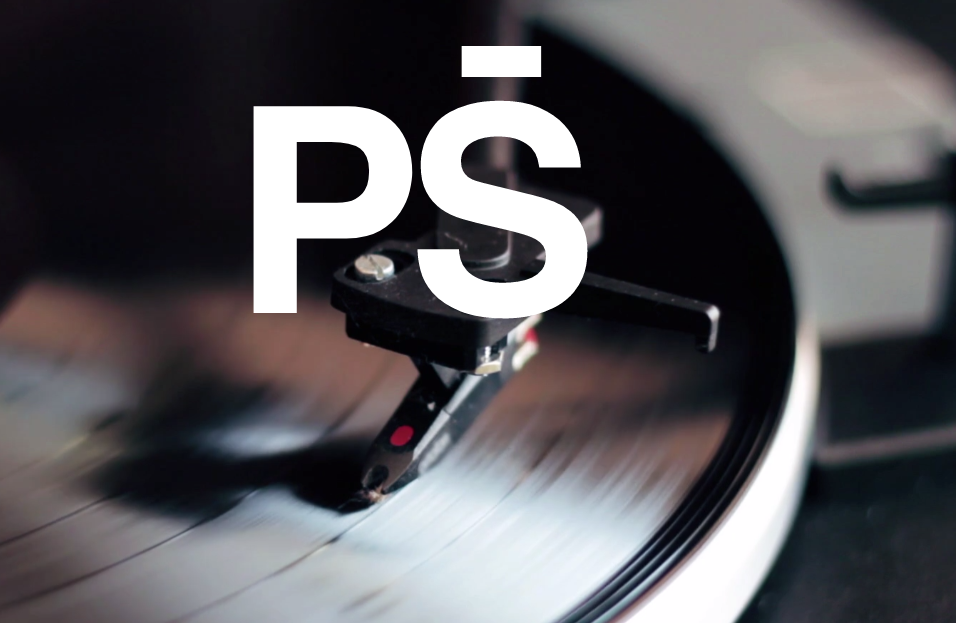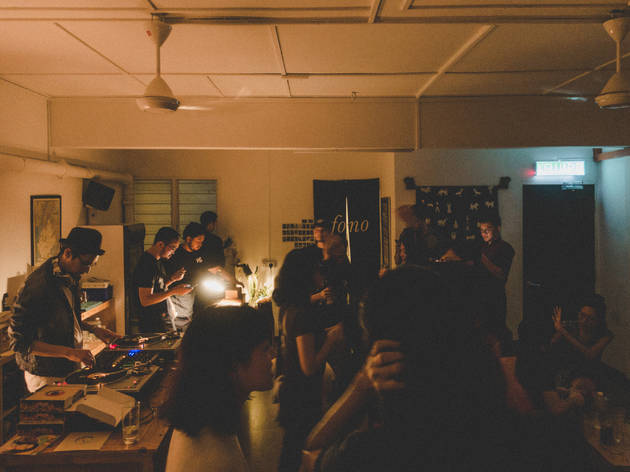In this original series, Globetrotter discovers the rising musical prodigies of Southeast Asia who are more than ready to give you the Variations in Sound! For Part 7, we talk to Malaysia’s purveyors of good vibes and music, Public School.
Visit the Part 6 in the series, where we talk to the Philippines’ Caliph8.
“A desire to make this music accessible to people everywhere, and to help educate them on its roots and why we love it so much led us to the name.”
When Singaporean artist Fauxe told us about Kuala Lumpur being the place to be to experience melting pot, it brought us to the city’s purveyors of good music who name themselves Public School (PS).
PS embarked on their journey at—of all places—an organic market, called Justlife’s Mari Market. Like most organic markets, it had little to do with DJs and a set of turntables; still, the guys were grateful for the opportunity that was given. In fact, it seemed to inspire him to create a “market” of their own.
Two years afterward, united by the same belief that “Good music should be for everyone,” they revisited the venue and started Kawan Kawan Jamboree (“Kawan-Kawan” means friends in Malay), a laid back marketplace where visitors are encouraged to bring their picnic mats and leave their worries at home to discover new tunes or forgotten gems.
The collective has become a much-awaited act in every event that they’re in, what with such a wide-range group of selectors. PS is filled with artists with the same desire, which is to make music accessible to people everywhere. To make that happen, PS has initiated events such as Sesi Kaki Lima, a bi-monthly block party at the Zhongshan Building in Kampung Attap, Kuala Lumpur, which provides a platform for underrated DJs from around the region.
Moreover, PS is also managing a music-focused zine as well as running Fono, a space for musicians, DJs and producers to experiment on music, from Reggae, Arabic Disco to some left-field Techno and anything that keeps everyone excited.
Globetrotter talked to PS’ Rizki Maulana, along with Rudolph La Faber and Uzair Sawal who also co-founded Fono.
Globetrotter Lab: Why did you name it Public School?
Rudolph La Faber: When we first got together, a lot of the music we listened to was unfamiliar to the Malaysian crowd, even those who would consider themselves more left-field.
A desire to make this music accessible to people everywhere, and to help educate them on its roots and why we love it so much led us to the name.
Globetrotter Lab: One of the events that I wish I could go to is Sesi Kaki Lima (SKL). The Zhongshan Building is pretty much an active venue right? How did you come up with the idea and how did you guys pull it off?
Rudolph La Faber: We signed the lease for Zhongshan while we were still in TTDI (PS’ old homebase - Editor). With SKL we had experimented with doing our own events, in our own space, on our own terms so the transition to a small space where we had the freedom to do something indoors was something we wanted to attempt. Some months later a creative space for music and other cultural projects eventually became fono.
Uzair Sawal: SKL is inspired by our common love for hip-hop and reggae music, both of which have a rich history of sound system culture and block parties, playing music to their community at a place that is accessible for all walks of lives.
Globetrotter Lab: Do you only support one particular genre or you are also open to any kind of genre as long as it is pleasing to the ear?
Rudolph La Faber: Let's just say fascism isn't an action limited to race.
Uzair Sawal: We're no music elitist but we do try to offer something different and new to those willing to explore. We love pop music, but most people already have access to that and we're not really interested in being an echo chamber.
Rizki Maulana: Plenty of genres in the sea. Is this the right quote?
Globetrotter Lab: What’s the most interesting thing about the music scene in KL?
Rudolph La Faber: fono [laughs]. But we clearly have a vibrant scene in terms of variety, like our culture. It might not have venues overflowing to a particular sound, but the range is incredible.
You can easily pop into a venue with Funktion-Ones with a world class act behind the decks, slip into a vinyl night with touring regionals and locals with the rarest wax you've never heard off, and pop into an East Asian record label night all in a week here. It's something even locals are surprised to hear they can do.
Uzair Sawal: Renry Hollins. fono. Renry Hollins at fono.
Rizki Maulana: fono, hands down!
Globetrotter Lab: Are there a lot of like-minded collectives like you guys there?
Rudolph La Faber: It's growing but we're certainly the rarity not the norm. With every new collective that's genuine and about the music, we want to encourage them and welcome them into the fold.
Uzair Sawal: We work a lot with our like-minded friends from the region: Our homeboys Disko Santan, Darker Than Wax, Revision Music, and Choice Cuts from Singapore, Sabai Sabai and ZudrangMa crew from Bangkok.
Globetrotter Lab: Which song is currently stuck in your head right now?
Rudolph La Faber: Joe Henderson’s “Earth.”
Uzair Zawal: Cal Amari's Cuba. It is not out yet.
Rizki Maulana: Chrisye’s “Juwita.”
Globetrotter Lab: If you could get one record for free, what would it be?
Rudolph La Faber: Minoru Muraoka’s Bamboo, because it's the most expensive record on my Discogs’ wantlist right now
Uzair Sawal: A dubplate from Rihanna for PublicSchool. Did you watch that Tune Fi Tune Round during Red Bull Culture Clash 2014? Rebel Sound destroyed all the other crew with that dub.
Rizki Maulana: Chrisye’s Sabda Alam. For “Juwita,” of course.
From Left to Right: Minoru Muraoka’s Bamboo, Rebel Sound at Red Bull Culture Clash 2014, Chrisye’s Sabda Alam
Globetrotter Lab: What is your most fun or memorable party?
Rudolph La Faber: They're all great, but I suppose if I had to choose probably the launch of fono or our recent anniversary because many of our friends were there. Music isn't the same without friends.
Uzair Sawal: Every party is special to me.
Rizki Maulana: We had an International Women's Day celebration at fono called Kota Wanita (City of Women). That, was really something else.
Globetrotter Lab: We’re still in the beginning of the year, what are the plans for 2019?
Rudolph La Faber: I'd like to explore events beyond the standard "DJ or band playing music, cover is xx." Would love a supernight where our favorite DJs in Southeast Asia come to play together.
Uzair Sawal: To host more music-related discussions and maybe an exhibition. Sometimes we enjoy doing things outside of the dance floor. There are few other projects in the pipeline too but don't want to jinx it.
Rizki Maulana: To make the general audience realize you don't have to be able to understand the language to dance to a song.













